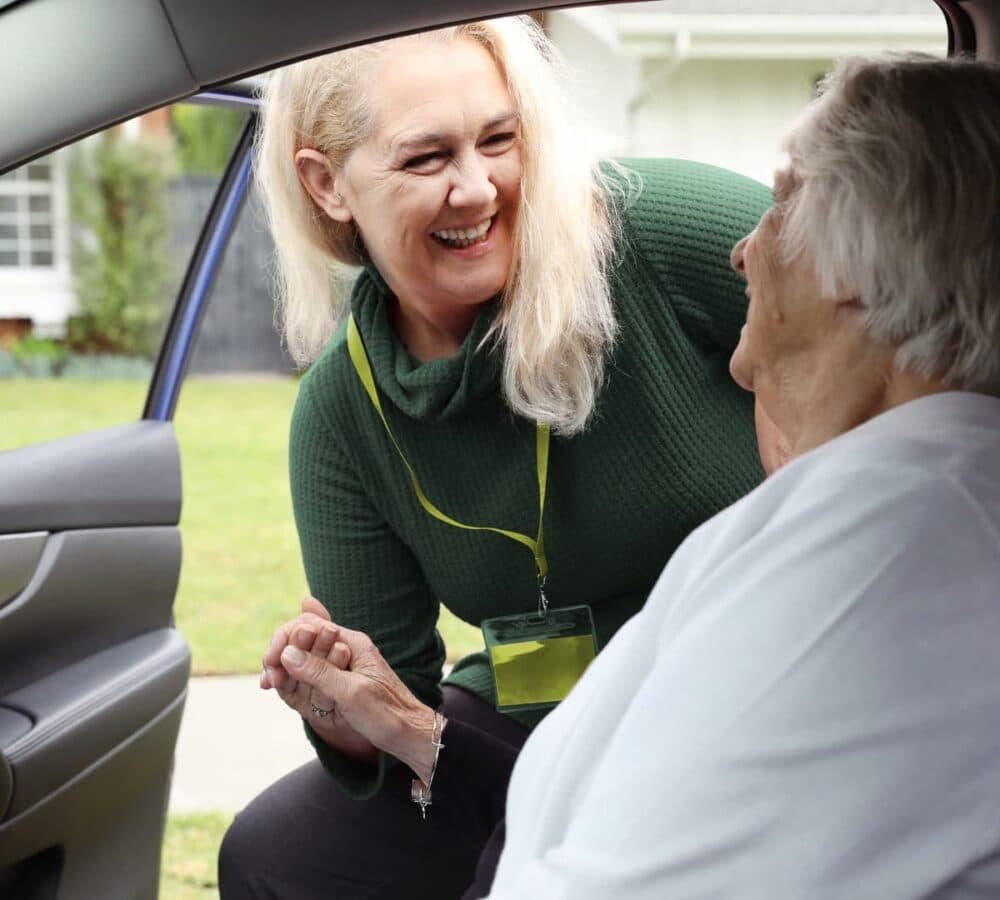Every Moment Matters: How to Care for Someone with Alzheimer’s at Home in Wembley

Every September, communities around the world mark World Alzheimer’s Month, with World Alzheimer’s Day on 21st September as a key moment to reflect on how dementia affects families.
For many in Wembley, Alzheimer’s care is not something that happens in hospitals or care homes; it happens at home, where familiar surroundings bring comfort and stability.
At Home Instead Wembley, we understand how challenging home care can feel, especially in the early stages of dementia. That’s why we’re proud to offer guidance, reassurance, and award-winning expertise.
Led by Registered Care Manager Paschalina Pazou, who recently won both Best Dementia Registered Manager and Dementia Specialist of the Year at national awards, our team specialises in helping families provide care that is dignified, person-centred, and filled with meaningful moments.
Why Home Care Matters in Alzheimer’s Support
Remaining at home for as long as possible brings many benefits for those living with dementia. Familiar settings reduce anxiety, strengthen memory cues, and create a sense of safety.
At the same time, families often want to be closely involved in care but may not always know the best ways to support a loved one.

Myths and Facts About Alzheimer’s
Clearing up misunderstandings helps families feel more confident at home:
Myth: Alzheimer’s is just about memory loss.
Fact: It affects daily life, communication, and decision-making, not just memory.
Myth: Caring at home is impossible without professional support.
Fact: With guidance, training, and small adjustments, home can be the best place for care.
Myth: People with dementia cannot enjoy new activities.
Fact: Joyful engagement like music, art, or companionship can spark connection at every stage.
Everyday Tips for Caring at Home
Supporting someone with Alzheimer’s at home doesn’t need to be overwhelming. These everyday approaches can help:
– Keep routines consistent: Familiar patterns reduce confusion and anxiety.
– Simplify communication: Speak slowly, use short sentences, and give time for replies.
– Create a safe space: Remove trip hazards and use clear signage around the home.
– Encourage independence: Small choices, like which jumper to wear, build confidence.
– Use music and singing: Familiar songs can unlock memories, improve mood, and reduce stress.
– Focus on feelings, not facts: Respond with empathy rather than correcting details.
– Celebrate small moments: Whether it’s sharing a laugh or enjoying a cup of tea, every moment can make a difference to a person’s quality of life.
Dementia Care Expertise in Wembley
Our Wembley team have been nationally recognised and are known for being leaders in dementia care. Paschalina’s award-winning philosophy — that every moment matters — shapes everything we do. From empowering families with practical advice to training Care Professionals in the latest dementia approaches, we go further to ensure care at home is as supportive and uplifting as possible.
Music plays a special role too. We’ve seen first-hand how singing can spark joy and reduce anxiety, whether during a quiet moment at home or as part of community sessions like Singing for the Brain. By blending evidence-based practice with compassion and creativity, our care feels not just professional, but personal.

We’re Here to Help
Caring for someone with Alzheimer’s at home can feel daunting, but you don’t have to do it alone. Alzheimer’s Awareness Month is a reminder that stigma should never stop families from seeking support and that help is always available.
To find out how our dementia care team can support you in Wembley, call 0208 022 4590 or enquire online today.
FAQs:
Q: Can people with dementia be cared for at home?
A: Yes. With the right support and adaptations, home is often the best environment for comfort and familiarity.
Q: How can music help with dementia at home?
A: Music and singing stimulate memory, reduce stress, and bring joy. Our Care Professionals often use music as part of daily care.
Q: Where can I find dementia care in Wembley?
A: Home Instead Wembley provides award-winning dementia care at home. Call 0208 022 4590 or enquire online for more details.